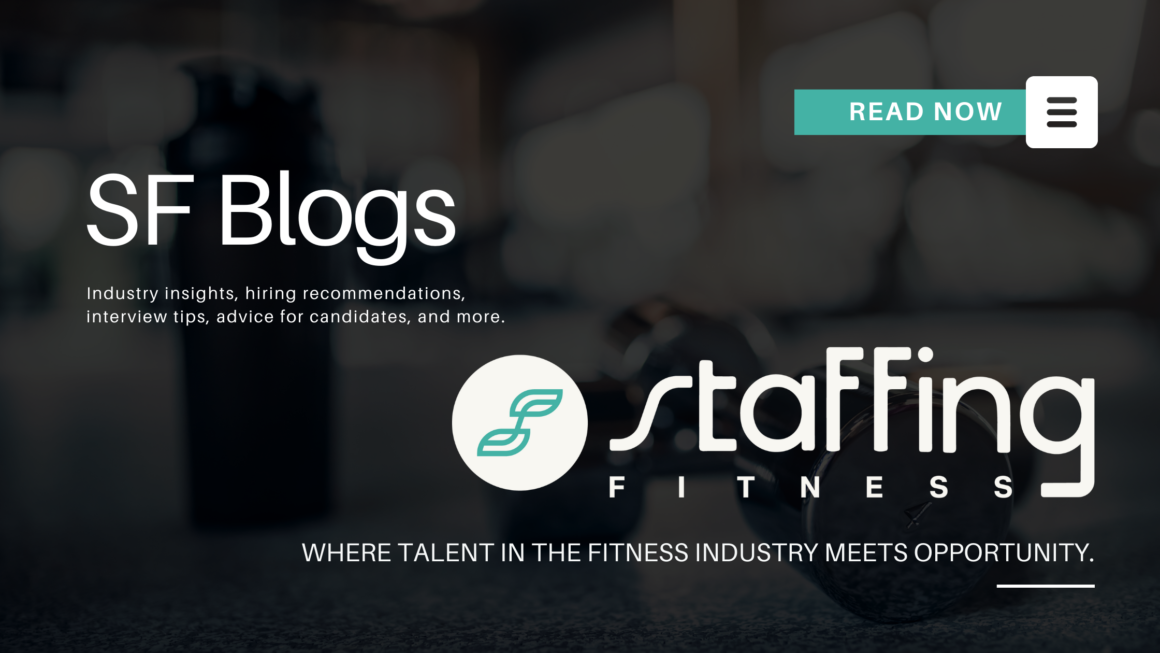
Career development is a lifelong journey, encompassing various stages of self-discovery, skill acquisition, and goal setting. Whether you’re just starting your career or looking to advance to the next level, understanding and actively managing your career development is crucial for achieving long-term professional success. In this blog post, we’ll explore the key components of career development and provide practical tips to help you navigate your career path effectively.
Understanding Career Development
Career development involves a continuous process of learning and growth, aimed at enhancing your skills, knowledge, and experiences to achieve your career goals. It includes:
- Self-Assessment: Understanding your strengths, weaknesses, interests, and values.
- Skill Development: Acquiring new skills and improving existing ones.
- Goal Setting: Defining short-term and long-term career objectives.
- Networking: Building professional relationships that can provide support and opportunities.
- Job Search and Advancement: Finding new job opportunities or advancing in your current role.
Self-Assessment: The Foundation of Career Development
The first step in career development is self-assessment. Knowing your strengths and weaknesses, interests, and values can help you make informed decisions about your career path. Here are some ways to conduct a self-assessment:
- Reflect on Your Experiences: Consider your past jobs, internships, volunteer work, and academic experiences. What did you enjoy? What were your biggest challenges? What skills did you use and develop?
- Take Career Assessments: Utilize online tools and assessments to gain insights into your personality, interests, and skills. Popular assessments include the Myers-Briggs Type Indicator (MBTI), Strong Interest Inventory, and CliftonStrengths.
- Seek Feedback: Ask colleagues, mentors, and supervisors for feedback on your strengths and areas for improvement. This can provide valuable perspectives that you may not have considered.
Skill Development: Continuous Learning
In today’s fast-paced job market, continuous learning and skill development are essential. Here are some strategies to help you stay competitive:
- Identify Key Skills: Research the skills that are in demand in your industry. Focus on both technical skills (e.g., software proficiency, data analysis) and soft skills (e.g., communication, leadership).
- Pursue Further Education: Consider enrolling in courses, workshops, or certifications to enhance your expertise. Online platforms like Coursera, Udemy, and LinkedIn Learning offer a wide range of courses.
- Gain Practical Experience: Look for opportunities to apply your skills in real-world settings. This could include taking on new projects at work, volunteering, or participating in internships.
Goal Setting: Creating a Roadmap
Setting clear, achievable goals is a critical component of career development. Here’s how to set effective career goals:
- Define Your Objectives: What do you want to achieve in the short term (next 6-12 months) and long term (next 3-5 years)? Be specific about your career aspirations.
- Break Down Goals: Divide your goals into smaller, manageable steps. This makes them less overwhelming and easier to achieve.
- Track Your Progress: Regularly review your goals and track your progress. Adjust your plan as needed to stay on course.
Networking: Building Connections
Building a strong professional network can open doors to new opportunities and provide valuable support throughout your career. Here are some networking tips:
- Attend Industry Events: Participate in conferences, workshops, and networking events related to your field.
- Join Professional Organizations: Become a member of professional associations and groups. This can provide access to resources, events, and connections.
- Leverage Social Media: Use platforms like LinkedIn to connect with professionals in your industry. Share your achievements, engage with content, and join relevant groups.
Job Search and Advancement: Moving Forward
Whether you’re looking for a new job or seeking advancement in your current role, these tips can help you achieve your career goals:
- Tailor Your Resume and Cover Letter: Highlight your skills and experiences that are most relevant to the job you’re applying for. Customize your resume and cover letter for each application.
- Prepare for Interviews: Practice answering common interview questions and develop compelling stories that showcase your achievements and skills.
- Seek Mentorship: Find a mentor who can provide guidance, advice, and support as you navigate your career. A mentor can help you set goals, develop skills, and make connections.
Conclusion
Career development is an ongoing process that requires self-awareness, continuous learning, and proactive goal setting. By taking the time to assess your strengths, develop your skills, set clear goals, build a strong network, and actively seek new opportunities, you can achieve professional growth and long-term success. Remember, your career is a journey, not a destination—embrace the process and take charge of your professional development.
